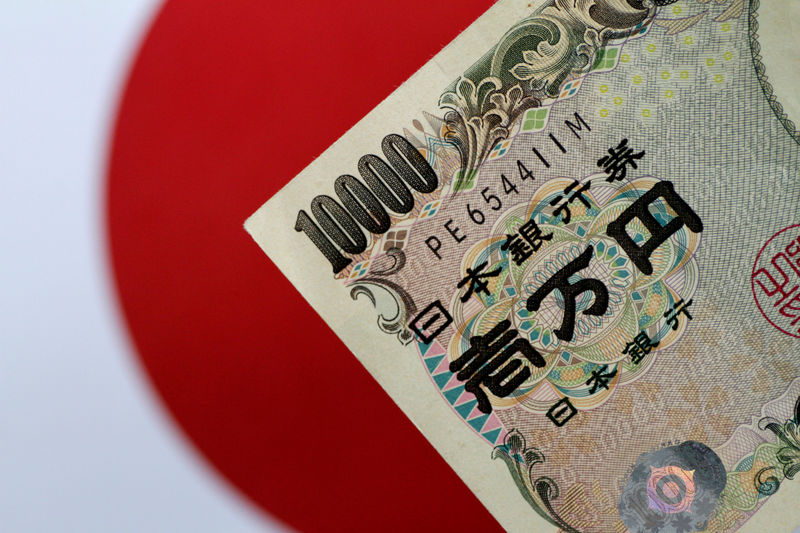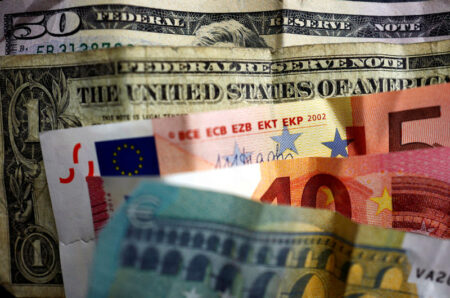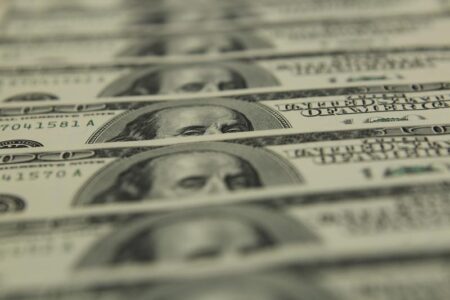Investing.com– Most Asian currencies rose on Monday, recovering a measure of recent losses as the dollar fell sharply from a near six-month peak, while the Japanese yen surged as Bank of Japan head Kazuo Ueda flagged a potential pivot away from negative interest rates.
Positive inflation data from China also aided broader sentiment, as data released over the weekend showed some improvement in Asia’s largest economy.
Focus this week is squarely on U.S. , due on Wednesday, for more cues on monetary policy and the path of interest rates. The reading is also due just a week before a , where the bank is set to keep interest rates on hold.
Still, the bank is also , given that inflation remains sticky and the labor market strong.
The and fell 0.4% each in Asian trade, as investors locked in some profits after the greenback surged to near six-month highs last week.
This offered some relief to Asian currencies, which were otherwise nursing steep losses amid persistent fears of higher U.S. interest rates.
The jumped 0.4%, while the added 0.2%. Optimism over China saw the jump 0.6%, while the added 0.2%.
Japanese yen outperforms as Ueda flags end to negative rates
The was the best performer in Asia for the day, rising nearly 1% after Governor Ueda told a local newspaper that the BOJ could have enough data by the end of the year to determine whether rates should stay negative.
Ueda said that the bank’s 2% inflation target was just in sight, allowing the bank to begin considering tightening policy. Wage growth has also somewhat picked up in the country.
A pivot by the BOJ will bring to end nearly a decade of negative interest rates, narrowing the gap between local and U.S. rates and easing some pressure on the yen.
Despite Monday’s gains, the yen was still trading close to 10-month lows as rising U.S. interest rates made the low-yielding currency appear far less attractive, while worsening risk sentiment also dented its appeal for carry trade.
Chinese yuan buoyed by positive inflation print
The yuan rose on Monday as data released over the weekend showed that China’s rose back into positive territory in August. also shrank at a slower pace than seen through the year.
The readings pushed up some hopes that the Chinese economy was stabilizing after seeing a substantial drop in growth this year.
Still, the yuan remained close to 10-month lows, given that other indicators for August still painted a mixed picture of the world’s second-largest economy. China’s manufacturing sector remained in contraction, while service sector growth shrank.
Read the full article here












